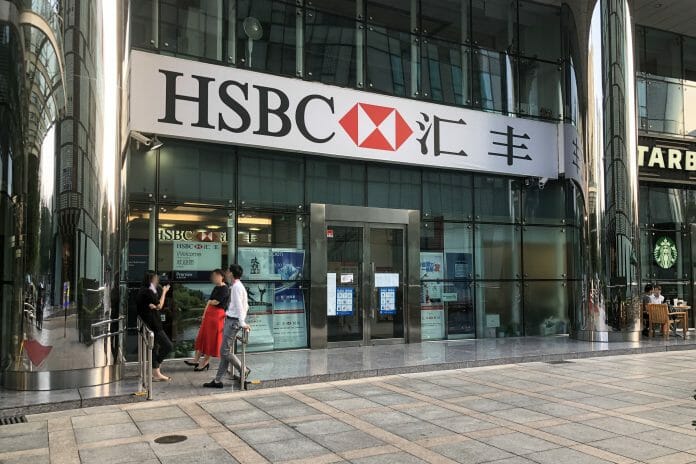HSBC has become the first foreign lender to install a Chinese Communist party committee in its investment banking subsidiary in the country, a move that underlines the tension facing the bank as it tries to navigate between Beijing and the west.
The lender’s China investment bank, HSBC Qianhai Securities, recently established a CCP committee, according to two people familiar with the decision. The move came after HSBC lifted its stake in the joint venture, which it launched in 2015, to 90 per cent from 51 per cent in April.
A CCP committee, which can be made up of several branches, is required by Chinese companies’ law but not yet widely enforced among foreign finance groups. It is typically formed of three or more employees who are also members of the Chinese Communist party.
The committees serve a dual purpose as a workers’ union and the means by which a party representative is installed within a company’s top ranks, sometimes in a director or management role.
HSBC’s move will pressure other foreign banks to follow suit. Some have been examining whether they are required to do so after taking full ownership of their mainland securities and brokerage operations in the past two years, said several senior people at those institutions.
“It is significant in the sense of where [HSBC] is allocating its future,” said one of the people. “It is increasing its ties with an autocracy that clearly has views on how far it wants to reach into private companies. It is another brick in that wall.”
HSBC is one of the most exposed global companies to the escalating geopolitical rivalry between China and the west. It is headquartered in London but makes almost all of its profit in Hong Kong and has designs to expand dramatically across mainland China.
Reflecting its dilemma, in May its largest investor Ping An called for it to be split into eastern and western units, warning that straddling both regions would become impossible in the coming years. HSBC is also one of the most frequent targets of politicians in China, the US and UK over sanctions, trade and political instability in Hong Kong. HSBC said in a statement that “employees of private firms in China are able to form a Party branch.









